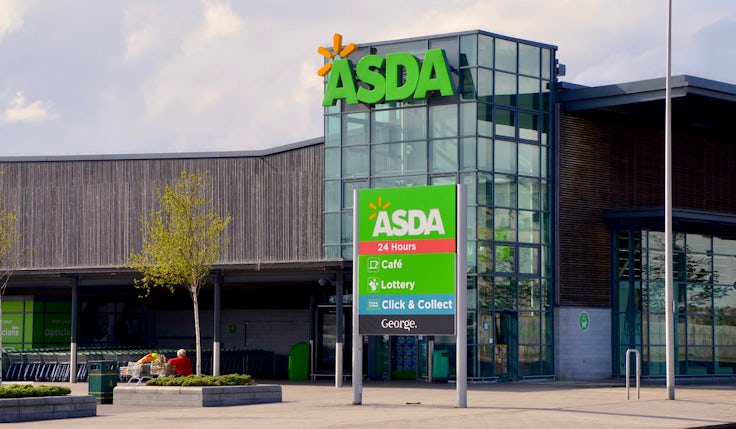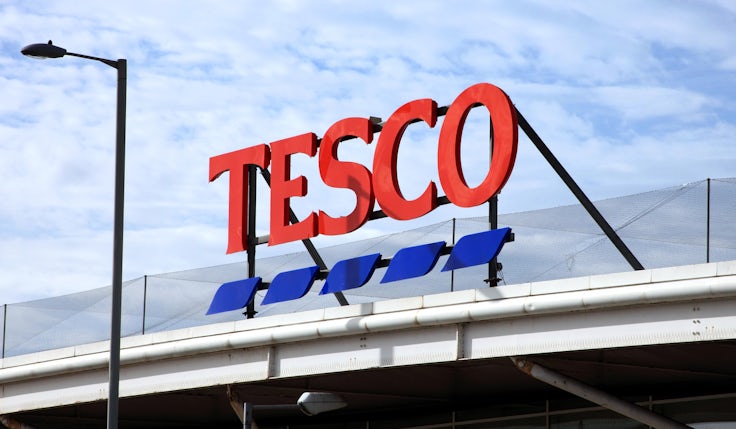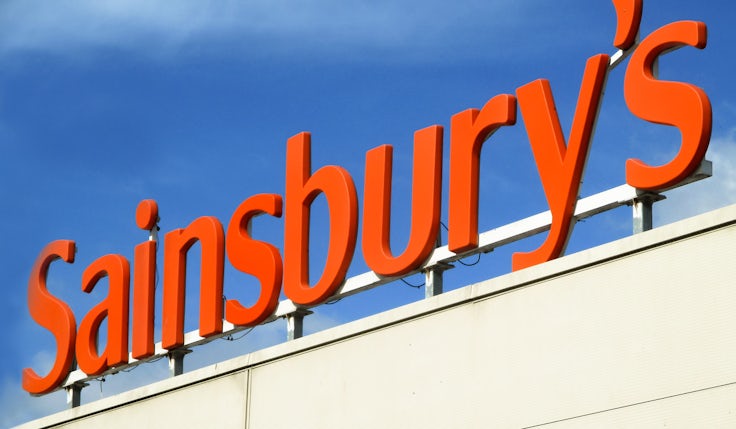Asda hails price focus and loyalty scheme for delivering growth
The supermarket says its loyalty scheme, Asda Rewards, is acting as a “key revenue driver” for the business.
 Asda claims its focus on price and its loyalty scheme delivered growth for the business in 2023.
Asda claims its focus on price and its loyalty scheme delivered growth for the business in 2023.
Co-owner Mohsin Issa called Asda a “supermarket powerhouse”, after the business grew its sales by 5.4% versus 2022 levels to £21.9bn. Asda’s adjusted earnings before interest, tax, depreciation and amortisation (EBITDA) after rent also increased by 24% to £1.1bn.
Asda’s loyalty scheme, Asda Rewards, is now used in around half of its sales, the supermarket said. Around 6 million consumers are regularly using the scheme. The business identified its loyalty scheme as a “key revenue driver” for it.
The supermarket also claimed its loyalty scheme is driving savings for consumers. It is one of the few supermarkets to not have exclusive member pricing in place (like Tesco’s Clubcard Prices, for example). Instead, it runs a “pounds not points” initiative, which allows members to save into a ‘cashpot’, which can then be converted into vouchers.
Consumers have saved over £400m in cashpots since Asda Rewards was launched in August 2022.
‘This is about the customer’: Asda’s chief customer officer on its price match with Aldi and Lidl
Asda Rewards is one component of a value proposition that is fuelling the business’s growth, its leadership claimed. It reduced the prices of 800 products in 2023, and said it passed on deflation to consumers where possible.
The retailer claimed it was the cheapest traditional supermarket in 2023, citing The Grocer’s 33 weekly price comparison survey, which it topped 36 out 50 times, and the Which? ‘big shop’ price survey, which it topped 11 out of 12 months of the year.
This claim was contradicted by Tesco in its full-year results earlier in the month. “We’ve never been cheaper than Asda in our history, but we’ve been consistently so for 16 months,” Tesco CEO Ken Murphy told journalists.
Tesco’s Clubcard Prices have been undercutting Asda’s position as the cheapest traditional supermarket in recent times. For example, in December 2023, according to The Grocer, Asda was cheaper at shelf edge, but Tesco was cheaper with Clubcard Prices applied.
As it seeks to maintain its reputation for value, Asda has also been investing in its own-label offerings.
“As well as investing in price to maintain our position as the cheapest traditional supermarket, we continued to invest in further enhancing the quality of our products, building on the earlier successful launch of the budget-friendly Just Essentials brand with a significant own-label transformation programme,” Issa said.
Asda’s CCO David Hills: ‘Our marketing success will come from keeping it simple’
“This saw us launch thousands of new and improved food lines to drive quality perception among consumers, including a refresh of our entire ready meals range,” he added.
Going into 2024, value remains a priority for Asda as it looks to drive continued growth. It highlighted the launch of its Aldi and Lidl price match in January. It became the first supermarket to price match both discounters (although Morrisons followed shortly after) and reduced prices by an average of 17%.
All of the traditional ‘big four’ supermarkets (Tesco, Sainsbury’s, Asda, and Morrisons) now have price match initiatives to Aldi or both Aldi and Lidl in place.
Asda also highlighted the launch of ‘Mega Event’, which features discounts on branded products every weekend and ‘Fab 5’ designed to showcase value on five produce items, refreshed every fortnight.
Data from Kantar last month finds that in the 12 weeks to 17 March 2023, Asda continued to grow its sales. However, its rate of growth was just 0.2%, versus Tesco which grew at 5.8%, Sainsbury’s at 6.7%, and Morrisons at 3.6%. Asda’s market share also declined to 13.8% in the period, versus 14.3% in the same period in the year prior.
Beyond food
As well as highlighting its initiatives in grocery, Asda also detailed growth in its George clothing and homeware brand.
The supermarket grew its clothing sales by 3.4% to £1.5bn in the year, after investment in improving George at Asda’s quality, style and price credentials.
The label is outperforming the market, with it growing online fashion sales by value by 13.4% over the 24 weeks to 3 March 2024, according to Kantar, versus a 2.1% increase across the wider market. Its fashion sales by value in-store rose by 5% over the 24 weeks, compared with 0.7% across the market.
George maintained its position as the market leader in back-to-schoolwear, Asda said. The George brand is the third-biggest fashion brand by sales volume in the UK.







